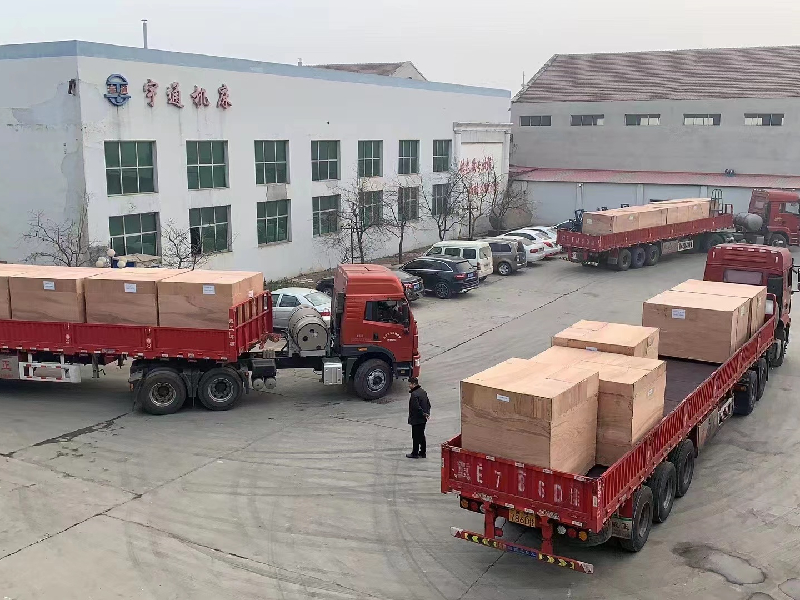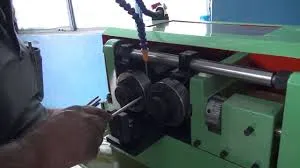
-
 Afrikaans
Afrikaans -
 Albanian
Albanian -
 Amharic
Amharic -
 Arabic
Arabic -
 Armenian
Armenian -
 Azerbaijani
Azerbaijani -
 Basque
Basque -
 Belarusian
Belarusian -
 Bengali
Bengali -
 Bosnian
Bosnian -
 Bulgarian
Bulgarian -
 Catalan
Catalan -
 Cebuano
Cebuano -
 Corsican
Corsican -
 Croatian
Croatian -
 Czech
Czech -
 Danish
Danish -
 Dutch
Dutch -
 English
English -
 Esperanto
Esperanto -
 Estonian
Estonian -
 Finnish
Finnish -
 French
French -
 Frisian
Frisian -
 Galician
Galician -
 Georgian
Georgian -
 German
German -
 Greek
Greek -
 Gujarati
Gujarati -
 Haitian Creole
Haitian Creole -
 hausa
hausa -
 hawaiian
hawaiian -
 Hebrew
Hebrew -
 Hindi
Hindi -
 Miao
Miao -
 Hungarian
Hungarian -
 Icelandic
Icelandic -
 igbo
igbo -
 Indonesian
Indonesian -
 irish
irish -
 Italian
Italian -
 Japanese
Japanese -
 Javanese
Javanese -
 Kannada
Kannada -
 kazakh
kazakh -
 Khmer
Khmer -
 Rwandese
Rwandese -
 Korean
Korean -
 Kurdish
Kurdish -
 Kyrgyz
Kyrgyz -
 Lao
Lao -
 Latin
Latin -
 Latvian
Latvian -
 Lithuanian
Lithuanian -
 Luxembourgish
Luxembourgish -
 Macedonian
Macedonian -
 Malgashi
Malgashi -
 Malay
Malay -
 Malayalam
Malayalam -
 Maltese
Maltese -
 Maori
Maori -
 Marathi
Marathi -
 Mongolian
Mongolian -
 Myanmar
Myanmar -
 Nepali
Nepali -
 Norwegian
Norwegian -
 Norwegian
Norwegian -
 Occitan
Occitan -
 Pashto
Pashto -
 Persian
Persian -
 Polish
Polish -
 Portuguese
Portuguese -
 Punjabi
Punjabi -
 Romanian
Romanian -
 Russian
Russian -
 Samoan
Samoan -
 Scottish Gaelic
Scottish Gaelic -
 Serbian
Serbian -
 Sesotho
Sesotho -
 Shona
Shona -
 Sindhi
Sindhi -
 Sinhala
Sinhala -
 Slovak
Slovak -
 Slovenian
Slovenian -
 Somali
Somali -
 Spanish
Spanish -
 Sundanese
Sundanese -
 Swahili
Swahili -
 Swedish
Swedish -
 Tagalog
Tagalog -
 Tajik
Tajik -
 Tamil
Tamil -
 Tatar
Tatar -
 Telugu
Telugu -
 Thai
Thai -
 Turkish
Turkish -
 Turkmen
Turkmen -
 Ukrainian
Ukrainian -
 Urdu
Urdu -
 Uighur
Uighur -
 Uzbek
Uzbek -
 Vietnamese
Vietnamese -
 Welsh
Welsh -
 Bantu
Bantu -
 Yiddish
Yiddish -
 Yoruba
Yoruba -
 Zulu
Zulu
Jan . 09, 2025 12:42
Back to list
thread rolling machine
The thread rolling machine stands as a game-changer in modern manufacturing, transforming the way industries approach thread production. Among the most sophisticated mechanical tools, its ability to enhance efficiency, precision, and durability in thread manufacturing has made it indispensable. The thread rolling process employs the concept of cold forming, which not only strengthens the metal but also significantly improves fatigue resistance by altering its grain structure.
The expertise required to operate these machines is substantial, reflecting their complexity and precision. Operators of thread rolling machines are often highly skilled technicians who undergo rigorous training to maintain the machinery and ensure its peak performance. This professional knowledge guarantees that every thread meets stringent quality standards, fostering trust and reliability among clients and partners. Innovation in thread rolling continues to evolve, with advancements such as automation and digital integration poised to reshape the industry. Modern machines are equipped with advanced sensors and controllers that provide real-time feedback, allowing operators to make immediate adjustments to the rolling process. This technological leap ensures consistent product quality, accommodating the increasing demand for precision-engineered components in various sectors. Furthermore, the authoritative recognition of thread rolling machines is underlined by their widespread adoption in high-stakes industries, where failure is not an option. Aerospace, automotive, and medical device manufacturers rely on these machines to produce critical components that demand exceptional integrity and performance. The rigorous testing and certification that these machines and their operators undergo bolster their standing as the cornerstone of reliable and high-quality thread production. In the ever-evolving landscape of manufacturing, the thread rolling machine exemplifies a blend of tradition and innovation. Its longstanding history coupled with continuous technological advancements offers manufacturers the assurance of quality, efficiency, and sustainability. In a world where precision and durability are paramount, the thread rolling machine stands as a testament to engineering brilliance and industrial excellence.


The expertise required to operate these machines is substantial, reflecting their complexity and precision. Operators of thread rolling machines are often highly skilled technicians who undergo rigorous training to maintain the machinery and ensure its peak performance. This professional knowledge guarantees that every thread meets stringent quality standards, fostering trust and reliability among clients and partners. Innovation in thread rolling continues to evolve, with advancements such as automation and digital integration poised to reshape the industry. Modern machines are equipped with advanced sensors and controllers that provide real-time feedback, allowing operators to make immediate adjustments to the rolling process. This technological leap ensures consistent product quality, accommodating the increasing demand for precision-engineered components in various sectors. Furthermore, the authoritative recognition of thread rolling machines is underlined by their widespread adoption in high-stakes industries, where failure is not an option. Aerospace, automotive, and medical device manufacturers rely on these machines to produce critical components that demand exceptional integrity and performance. The rigorous testing and certification that these machines and their operators undergo bolster their standing as the cornerstone of reliable and high-quality thread production. In the ever-evolving landscape of manufacturing, the thread rolling machine exemplifies a blend of tradition and innovation. Its longstanding history coupled with continuous technological advancements offers manufacturers the assurance of quality, efficiency, and sustainability. In a world where precision and durability are paramount, the thread rolling machine stands as a testament to engineering brilliance and industrial excellence.
Share:
Next:
Latest news
Upgrade Your Production Line With Advanced Threading Solutions
NewsJun.12,2025
Optimize Precision With Advanced Thread Rolling Equipment
NewsJun.12,2025
Maximize Production With A High-Speed Thread Rolling Machine
NewsJun.12,2025
Master Precision Engineering With The Right Roller Threading Machine
NewsJun.12,2025
Find The Right Thread Rolling Tool For Precision Threading
NewsJun.12,2025
Boost Efficiency With Our Thread Rolling Machine
NewsJun.12,2025
